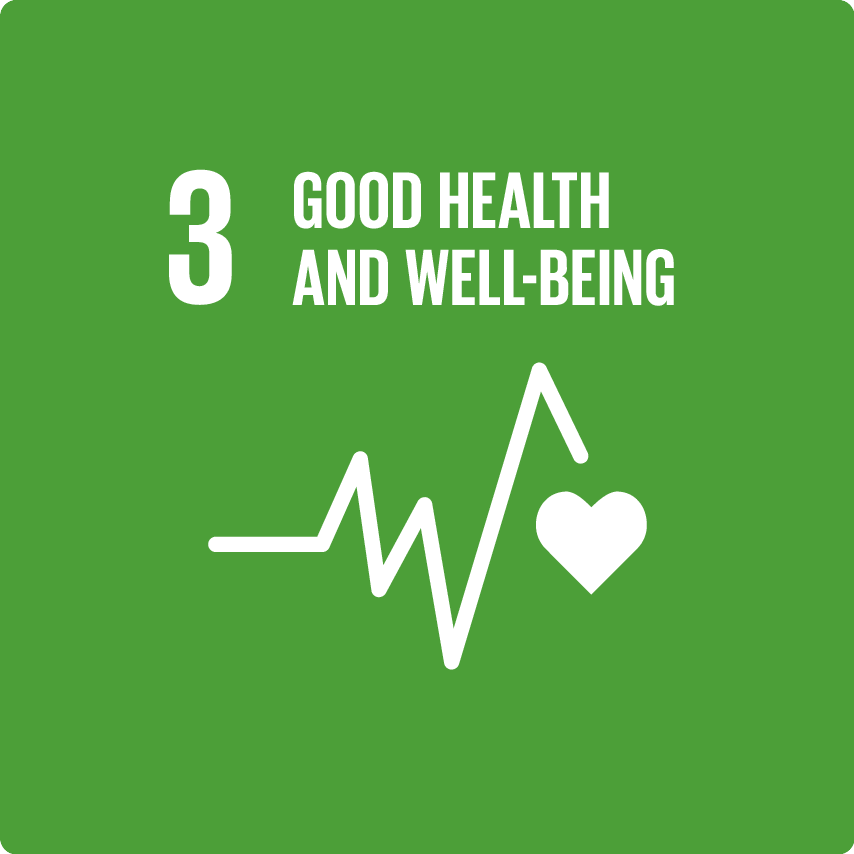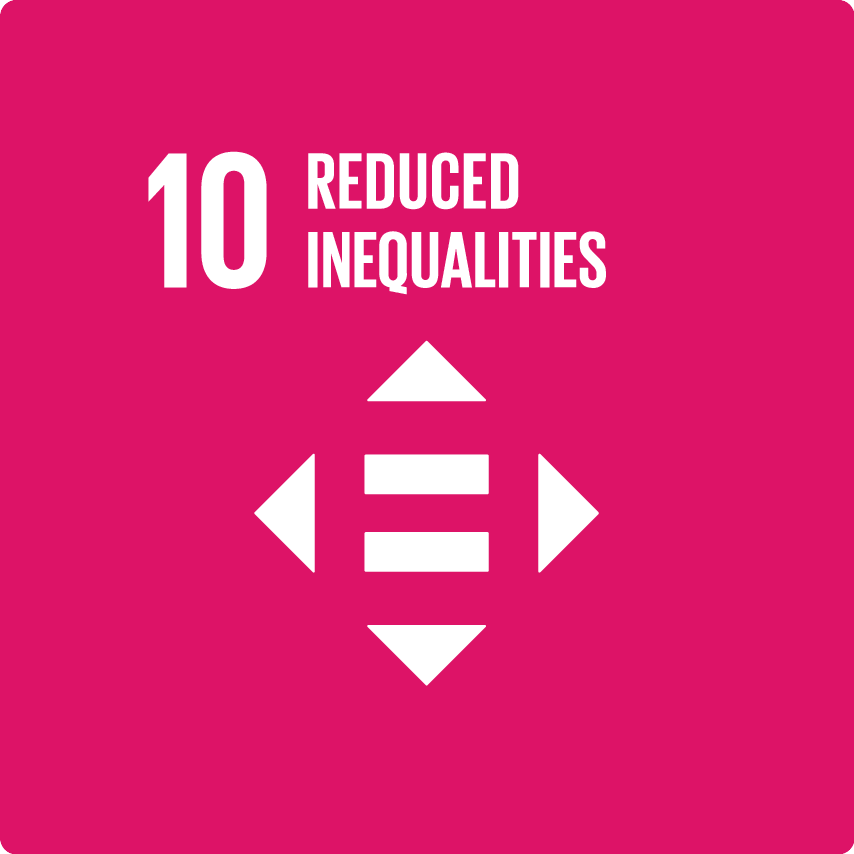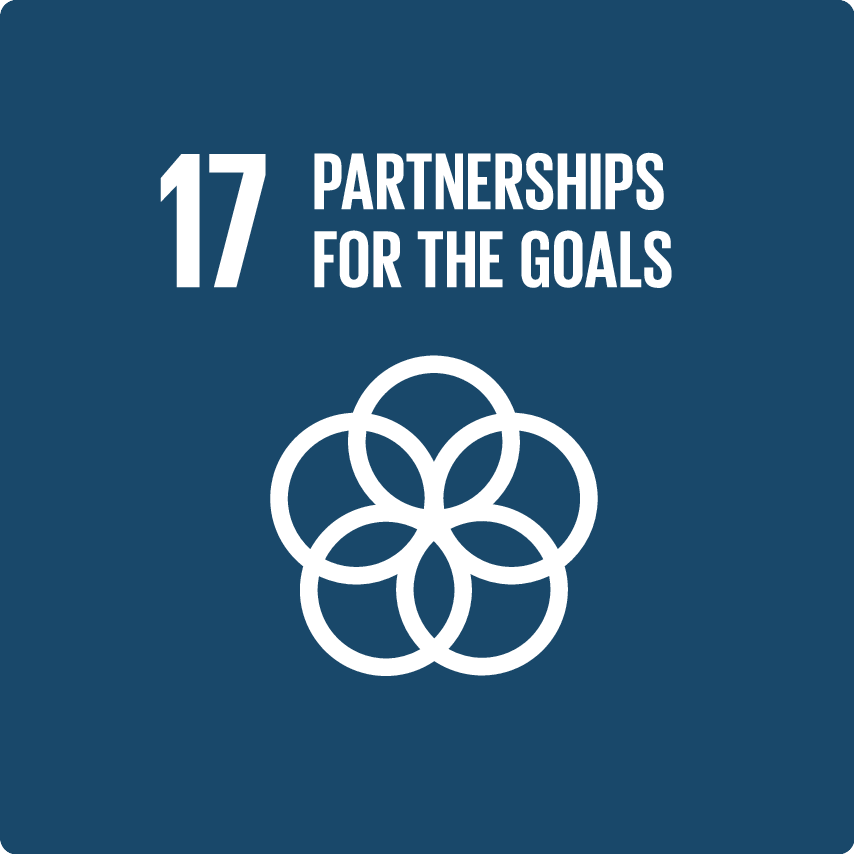Diabetes CarePak
Diabetes Carepak is an innovative co-packaging solution created through a human-centered design process to improve access and availability of supplies that help people safely administer insulin in low-resource settings, with potential to improve health outcomes for those living with diabetes and realize cost-savings for governments.
SEE ALL PARTNER ORGANIZATIONS
Objectives
- To develop a human-centered co-packaging solution to increase access to supplies needed for the safe administration of insulin, improving health outcomes.
- Advocate for broader uptake of CarePak by demonstrating benefits to people living with diabetes, improvements to health systems, and preliminary cost savings for governments and other key stakeholders.
2021 marked the 100-year anniversary of the discovery of insulin. However, many people living with diabetes cannot access or afford insulin and the supplies needed to measure their blood glucose (glucometers, test strips, lancets, etc.) or safely administer insulin itself (needles and syringes). This inconsistent access to insulin, blood glucose testing supplies, and products needed for safe administration of medicines impedes diabetes self-care and can have devastating impacts. Diabetes CarePak aims to fill this gap through innovative human-centered design approaches by working collaboratively with diverse stakeholders to ensure access to the supplies necessary for daily self-management of diabetes in LMICs. This project was launched by PATH in partnership with the Coalition for Access to NCD Medicines and Products (Coalition).
IFPMA, a member of the Coalition, provided seed funding to initiate the project landscaping in Kenya and Vietnam in 2021. The following year, work continued in Kenya in collaboration with support from Novo Nordisk, and expanded to four additional countries. In partnership with the Leona M. and Harry B. Helmsley Charitable Trust, the CarePak project launched in Mali, Mozambique, and Tanzania, while a partnership with Sanofi initiated work in Uganda. Work was further advanced in Kenya with investment from Novo Nordisk. The government of Kenya and Uganda as well as Helmsley Charitable Trust, Novo Nordisk, and Sanofi are also Coalition members collaborating to further this work supported by several members of the Coalition Steering Committee and Technical Advisory Committee including Prof. Jean Claude Mbanya and Dr. Kaushik Ramaiya who sit on the CarePak Technical Advisory Committee.
This multi-country approach will refine the CarePak product, expand access, and potentially allow for cost efficiencies. PATH teams are adapting the CarePak design to the needs of each country and exploring market introduction options to make the CarePak available under universal health coverage as well as in the public and private sectors. Testing the CarePak in these five countries will generate further evidence to support uptake in other settings, leading to improved health outcomes for a larger population. The prototype CarePak includes items such as glucometers, test strips, needles/syringes (if applicable), lancets, alcohol swabs, a sharps container, a diary to monitor glucose levels over time, and educational materials. There are starter and refill kits designed to include one month of consumable supplies. The project also trains health care workers and disseminates education materials with the kits to support improved diabetes management.
Results and milestones
Landscaping has been completed in most countries, and user testing of the prototype CarePak is completed in Kenya and is underway in Mozambique, Tanzania, and Uganda. Advanced user testing with a larger cohort is planned for Mozambique and Tanzania, as well as a cost-effectiveness study in Tanzania. There is currently an investment opportunity for advanced user testing in Kenya and Uganda, funds for which have not yet been secured. Additionally, a Technical Advisory Committee has been convened, involving key experts from the Coalition that will advise on the continuing phases of the project.
Initial use of the CarePak in Kenya over a three-month time period showed improvement in clinical outcomes as reflected by an average 2.8% reduction in HbA1c levels. Kit users also reported having fewer sores from needle reuse and reported positive changes in individual lifestyle management such as increase in self-monitoring of blood glucose and reported changes in diet. Clinicians reported making clinical management/insulin regimen changes based on the ability to view blood sugar data taken at home over time.
Geographic Reach
- Africa
Disease Area
- Non-communicable diseases
Target Population
- Women
- Men
Partner organizations
Coalition for Access to NCD Medicines and Products
PATH
Ministry of Health Vietnam
Ministry of Health Kenya
Ministry of Health Mali
Ministry of Health Mozambique
Ministry of Health Tanzania
Ministry of Health Uganda
Helmsley Charitable Trust
Additional resources
- Case study: Developing a Diabetes CarePak to improve access to safe insulin administration and self-care in Kenya
- Lancet series on inequity in diabetes: Interventions to address global inequity in diabetes: international progress
- Op-ed: Addressing the unmet needs of people living with diabetes: 100 years after the discovery of insulin
Geographic Reach
Africa
- Kenya
- Mali
- Mozambique
- Uganda
- United Republic of Tanzania
Disease Area
Non-communicable diseases
- Diabetes


